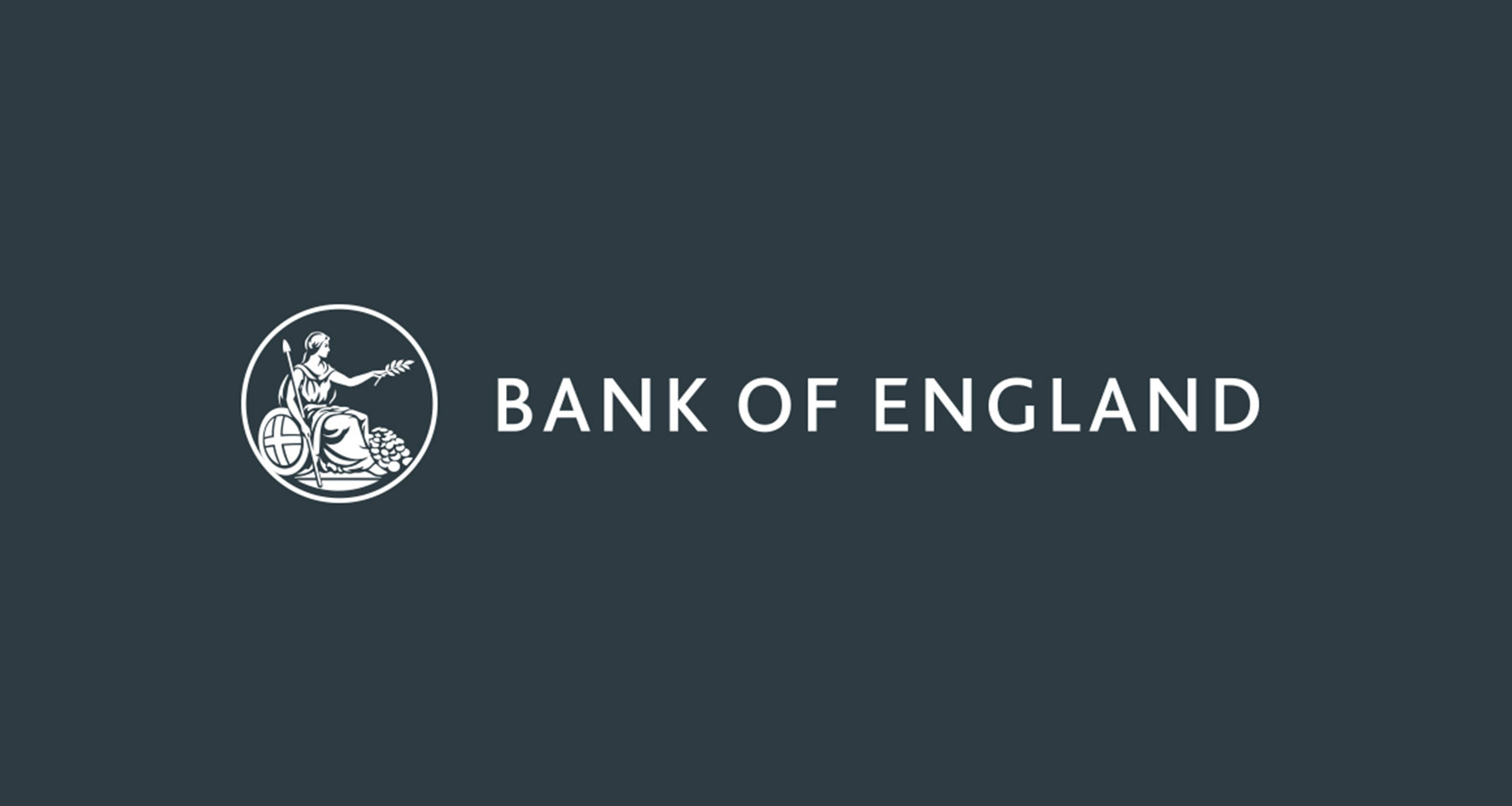The Bank of England Prudential Regulation Authority has written to insurers clarifying how its advice to banks regarding IFRS 9, capital requirements and loan covenants impacts insurers’ internal assessments of loan creditworthiness and their treatment of unrated assets.
Insurers are advised to read the letter sent to the banks by PRA CEO Sam Woods in its entirety. covid-19-ifrs-9-capital-requirements-and-loan-covenants.pdf
The PRA says: “Of particular relevance to the judgements underlying internal ratings is the paragraph stating that firms should ‘make well-balanced and consistent decisions that consider not just the potential impact of the virus, but also take full account of the unprecedented level of support provided by governments and central banks domestically and internationally to protect the economy. The need for well-balanced decisions also means that due weight will need to be given to established long-term economic trends, given the challenges of preparing detailed forecasts far into the future’. It sets out examples of factors that insurance firms may find helpful when forming their judgements on the impact of Covid-19 on their internal credit assessments.
Breaches to loan covenants arising directly as a result of Covid-19 may not necessarily be reflective of long-term credit risk, says the PRA. Firms will need to use their judgment to determine which covenant breaches do reflect increased credit risk and which do not.
The PRA’s expectations for the use by insurers of unrated assets are set out in Supervisory Statement (SS) 3/17 ‘Solvency II: Illiquid, unrated assets’ which was updated on Thursday 2 April 2020. ss317-update-april-2020.pdf

